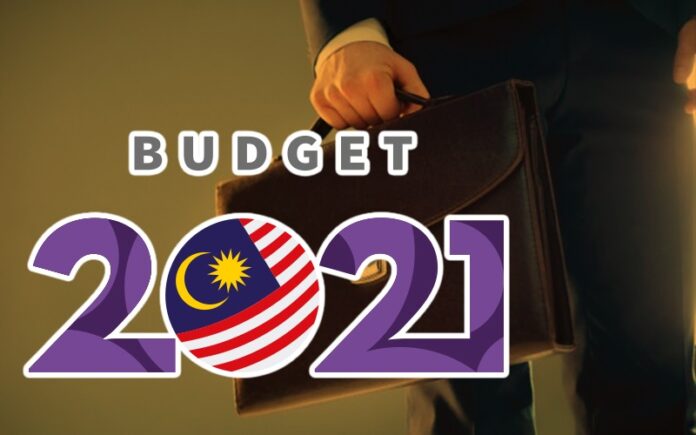Kuala Lumpur, 26 November 2020 – The bipartisan approval of the hotly debated Budget 2021 worth RM322.5 billion is bound to instil confidence and augurs well for the country as it embarks on economic recovery following unprecedented challenges due to the COVID-19 pandemic.
“It would be able to instil confidence not only among domestic but also foreign investors,” said Malaysian Institute of Economic Research (MIER) chairman Tan Sri Dr Kamal Salih.
The approval is vital in ensuring the country’s growth which is seen to be recovering from a record low Gross Domestic Product (GDP) contraction of 17.1 per cent in the second quarter of the year to -2.7 per cent in the third quarter of 2020, he told Bernama when asked on the budget approval.
Earlier, Parliament passed Budget 2021 in a voice vote at the policy stage.
Kamal, however, noted that it would be an uphill task to ensure a big swing in the growth rate. He said that to ensure a big swing of 11.5 per cent from -5.5 per cent projected in 2020 to 6.0 per cent forecast by MIER, the government must take additional measures aside from the initiatives outlined in the budget.
Bank Negara Malaysia (BNM) projects a growth rate of 6.5 to 7.5 per cent in 2021.
He said MIER had been calling for more new investments or new injections of money or funds to finance the infrastructure projects that will create a multiplier effect on the country and the economy.
These, he said, included building more affordable houses which would create more jobs and generate better disposable income for the public so that they can spend more.
“The government should also focus more on issues such as a hike in food prices and food security, as well as technology-related issues which are closely linked to foreign investments,” he said.
Kamal said he believed that the approval of Budget 2021 would pave the way for Malaysia to achieve its high-income nation status as envisioned in the Shared Prosperity Vision 2030 (SPV2030), but on condition that the government implements structural reforms and extraordinary measures.
The structural reforms include looking into the tax system and, probably, bringing back the unpopular Goods and Services Tax (GST), he said.
Maybank Investment Bank Research recently said the Finance Ministry has set up a committee to study various revenue-enhancing measures, including the possibility of reintroducing the GST.
In a research note released on Monday following a dialogue with Finance Minister Tengku Datuk Seri Zafrul Aziz last Friday, it quoted Tengku Zafrul as saying that other measures included analysing weaknesses in the tax regime and the impact of new taxation on the economy.
The ministry is also said to be studying options for new taxes such as carbon tax and digital tax, rationalising tax incentives, improving tax administration and enhancing tax audit, such as implementing tax identification numbers and enhancing data analytics.
“Extraordinary things like these have to be done in order to get out of this current economic and political mess,” said Kamal.
He said that to achieve the high-income nation target, Malaysia has to be run by a very stable and visionary government.
“It needs a very stable government with a clear vision, ability and will to do the unpopular thing, not the normal thing, to fight the current COVID-19 situation,” he said.
Kamal said he is hopeful that the government can continue prioritising issues pertaining to unemployment, measures to help the recovery of businesses as well as ensure the long-term economic recovery moving forward.
Meanwhile, ASLI Centre of Public Policy Studies chairman Tan Sri Ramon Navaratnam said although Budget 2021 has passed the policy stage, policies such as the New Economic Policy (NEP) have to be modified to attract more foreign and domestic investments.
He called on the private sector to play a bigger role during the COVID-19 crisis.
“Sectors such as education, healthcare, transportation and infrastructure can be financed by the private sector, just like the toll roads,” he said.
-BERNAMA
